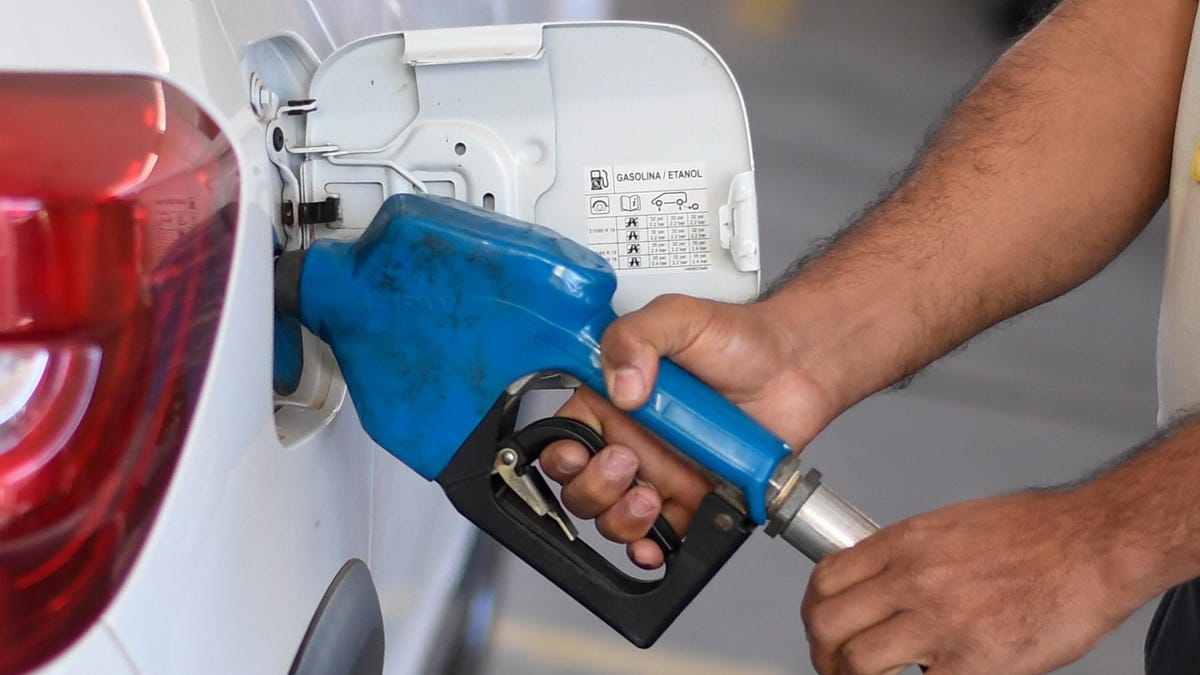In Brazil, Politicians, Big Ag, and major automakers like Toyota and Volkswagen are collaborating to maintain the dominance of ethanol over electric vehicles (EVs). The popularity of Brazil’s flexible-fuel cars, which can run on a mix of ethanol and gasoline, is posing a threat to the adoption of fully-electric cars in the country. The ethanol-burning cars have deep ties to Brazil’s influential sugar industry, which has historically held great power. Brazil is the largest producer of sugar cane in the world, and the industry has played a significant role in shaping the country’s agricultural elite. In 1979, the sugar industry found success with the introduction of pure ethanol-powered cars imported by Fiat. These cars were cheaper to run than gasoline-powered vehicles and helped reduce the country’s dependence on petroleum, which had severely impacted its economy in the 1970s.
It was not until 2003, when Volkswagen introduced the Gol Flex, that ethanol-powered cars truly gained popularity. The Gol Flex popularized flex-fuel cars, which run on a blend of ethanol and gasoline, and quickly became more popular than pure gasoline-powered vehicles. Flex-fuel cars accounted for 84.5 percent of Brazil’s entire auto sales in June 2023. Prior to the rise of EVs, sugar-cane cars played a significant role in reducing Brazil’s carbon emissions. Research suggests that the lifetime emissions of Brazil’s sugar-cane cars were around 16.7 tons of carbon dioxide each, compared to 40 to 50 tons emitted by similar combustion models around the world. As a result, these cars helped Brazil achieve lower emissions compared to many developed economies and other populous nations.
However, the popularity of sugar-cane cars is now hindering the growth of EVs, and Brazil risks falling behind as the auto industry transitions to fully-electric vehicles. Despite EVs emitting approximately half the lifetime emissions of sugar-cane cars, the Brazilian government seems reluctant to support their success. Commercial interests from Big Ag and Big Auto also play a role in opposing EVs. The higher cost of EVs compared to ethanol-powered vehicles further discourages their adoption in Brazil. As a result, even Chinese automakers like BYD and Great Wall Motors, who have been focused on an EV future, are now planning to produce flex hybrids in Brazil. This setback for EVs is unfortunate considering that Brazil has one of the cleanest power grids in the world, with over 80 percent of its electricity generated from renewable sources. Brazil has the opportunity to have one of the cleanest auto fleets globally, but its preference for slightly cleaner and cheaper combustion vehicles is threatening its path towards a fully-electric future.

